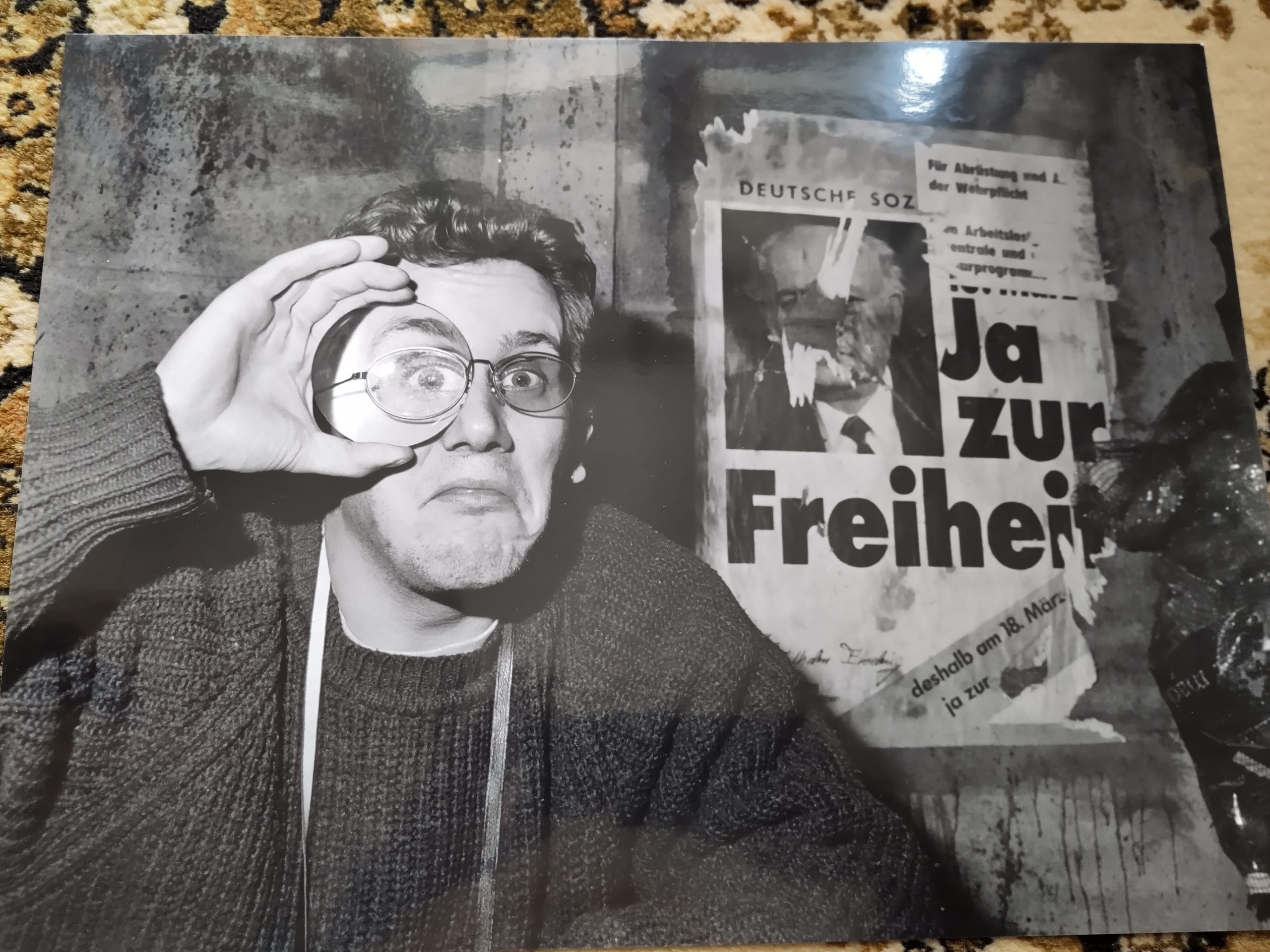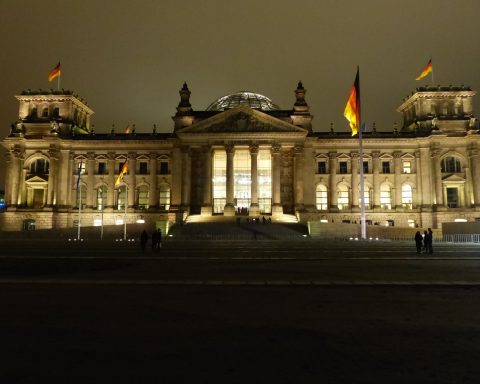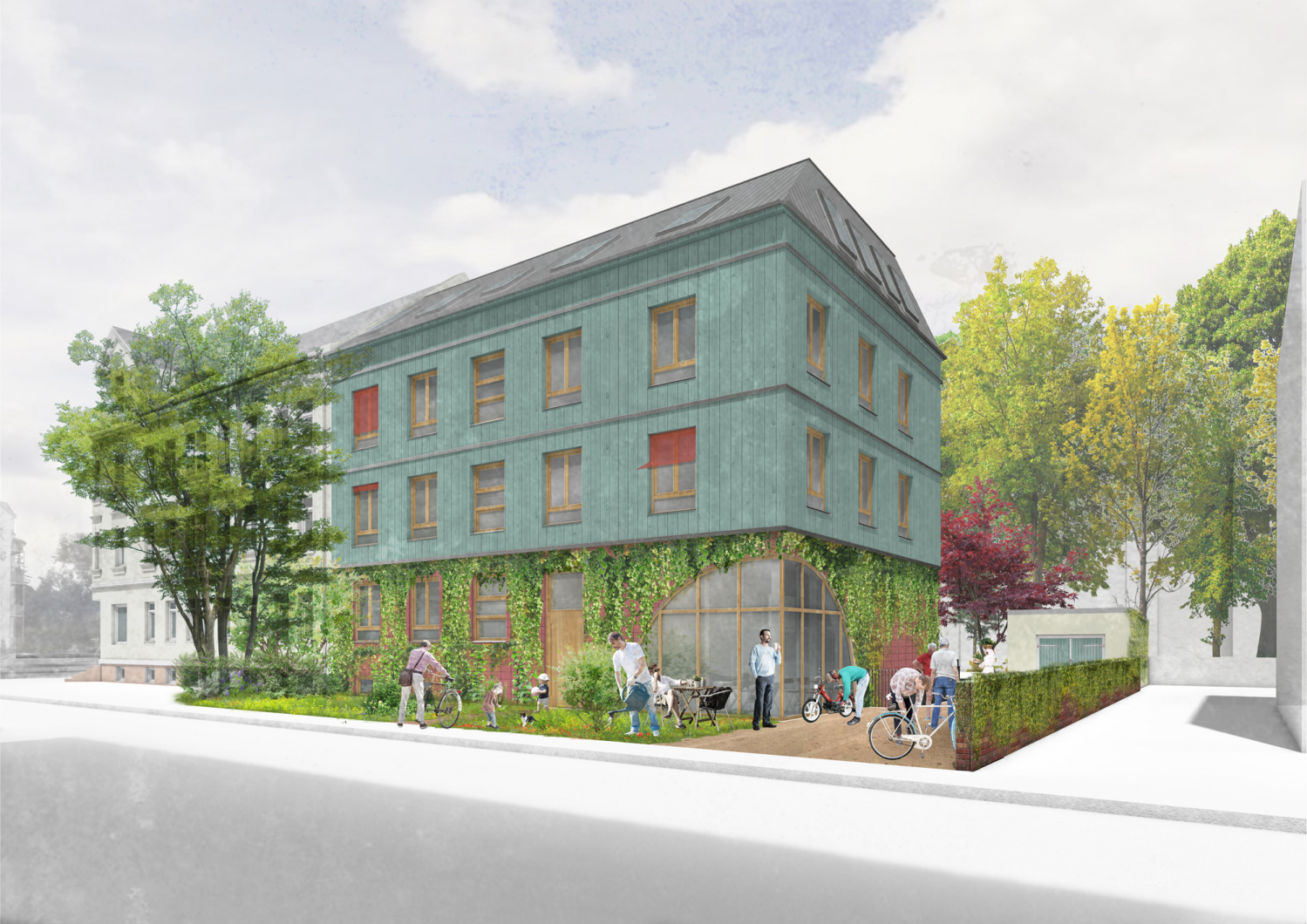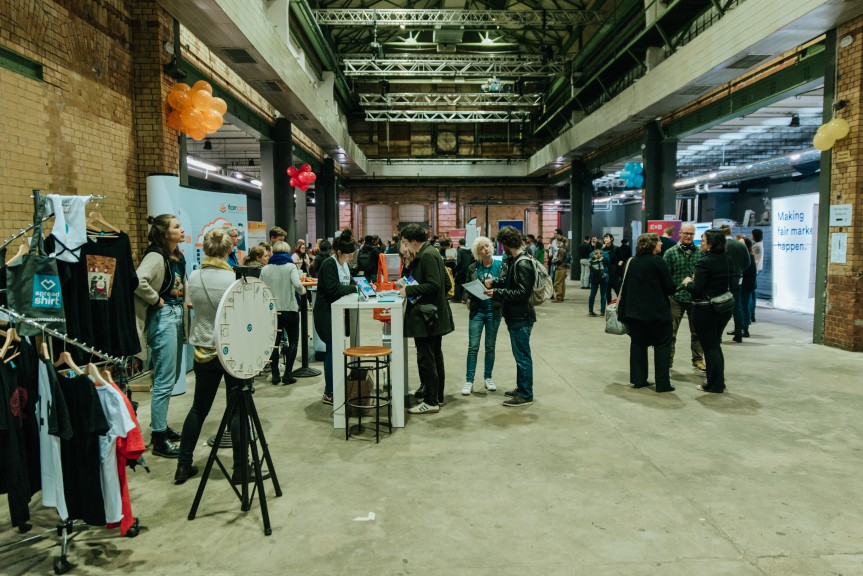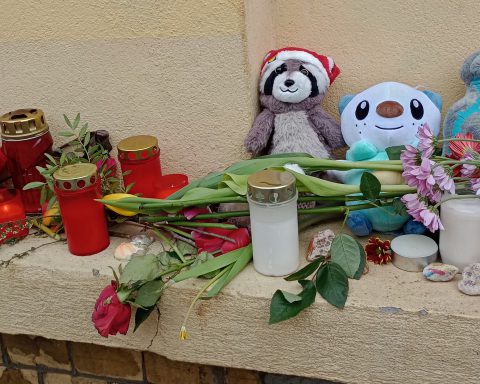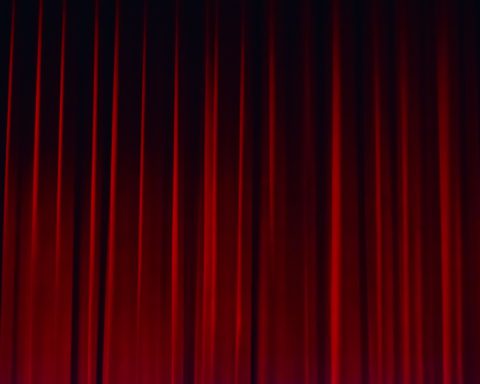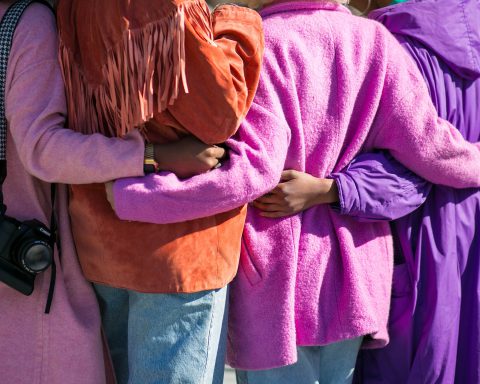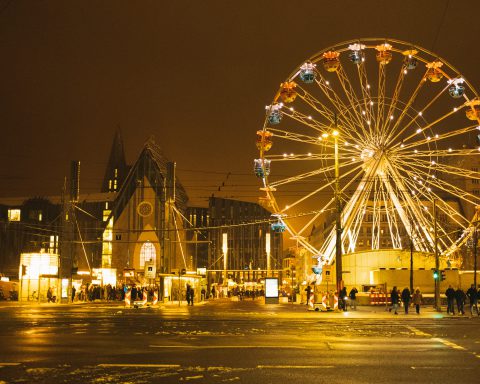Leipzig is known as the Heldenstadt, the city of heroes. Every year on 9 October, the city glows with thousands of candles in memory of the demonstrators who started the Peaceful Revolution that led to the fall the the Berlin Wall and the reunification of East and West Germany.
But not all those heroes of 1989 are still heroes today. Some have been wiped out from the official history. They do not feature in the guided tours. You won‘t see their names or photos on the plaques and pillars around the town centre that mark key moments in the transition from socialist police state to federal republic.
One of them is Michael Raschke.
At his home in Lindenau, he showed me documents and his membership card from The New Forum (Neues Forum), a radical group of reformers who aimed to revolutionise the GDR by incorporating new freedoms and economic stability within the framework of the socialist state.
For a few frantic weeks 34 years ago, it seemed they might succeed. Raschke explains in our interview that he was one of the first signatories of an appeal to the GDR government’s ruling Socialist Unity Party of Germany (SED). He tells me that although the GDR was officially atheist, a strong impetus for political change came from the evangelical priests.
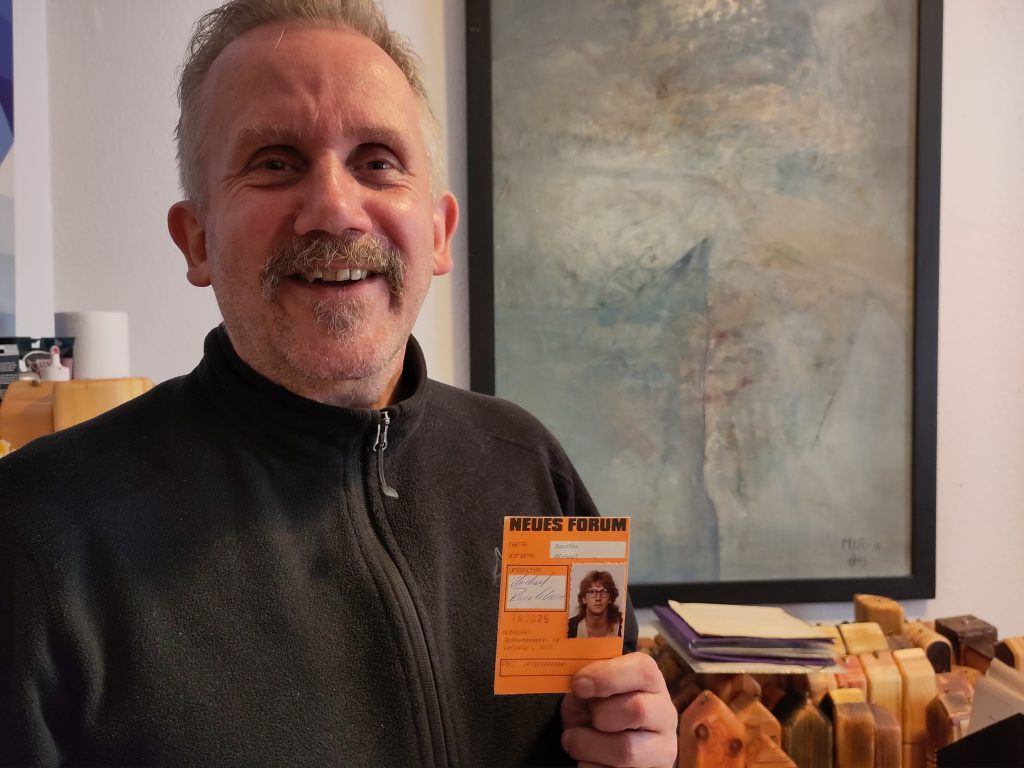
“There was a lot of movement in the churches, a lot of controversy. And also outside the church there were people who did not agree with the attitude of the religious leaders and made an alternative church congress,” Raschke said. “So the New Forum was the logical consequence of many, many discussion groups. I found the church attitude a bit childish and that’s why I distanced myself from it.”
“When Michael Arnold (one of the New Forum founders) came from Grünheide, he came to my house and said, “Here, read this. And I read the appeal they had written to the government and said, yes, I fully agree with that, I’ll sign it immediately.”
And what did the appeal say?
MR: It called for a dialogue with social society. This appeal wanted a change in the GDR, to solve the problem of representation, to get more participation and to change the GDR positively.
That was dangerous, wasn’t it?
MR: Yes yes of course, in retrospect. But all societies are afraid of communism. Even in socialist countries, the elites were afraid of their own working people.
Were you afraid of the state security?
MR: Yes the Stasi was there. Everybody talked about the Stasi. I wasn’t afraid. Well, I wouldn’t watch Western television in case the neighbours heard it. Sometimes fear also acted as an instrument. What we wanted in these talks, we wanted to end all that, to start a dialogue in society.
And then came the Peaceful Revolution. Can you describe how that happened, please?
MR: At the beginning of the 1980s, a decision came from NATO, for the stationing of nuclear weapons in Germany. In the churches on Mondays, there were prayers for peace and they met with controversy and from that came the Monday demonstrations. I also participated and the numbers increased exponentially! There were up to 300,000 people at the end of September 1989.
From the beginning, it was clear that there could be provocations. We found out later that the army had tanks standing by, ready to roll into Leipzig. And the university hospital had appealed for extra blood donations. But we had such an inner resolve that we did not want violence. We were not going to provide any incidents which might trigger bad reactions.
There was also Monday demonstration tourism! I had friends who came here from Radenau and wanted to go on the street. Great! There’s something going on here! And they even didn’t ask what political meaning it had. It didn’t matter! It was a party (laughing) . . .
Then it culminated in the victory of October 9, 1989. It was like a new time. October 7 was the Day of the GDR. Mikhail Gorbachev, the Soviet leader, was in Berlin and said “He who arrives too late will be punished by life.” There was a tension in Leipzig. Michael Arnold told me that there was a so-called death list. And my name was on this list. The aim was to intern the people from the New Forum on the grounds of the Agra exhibition centre and if in doubt, to liquidate them.
Then you must have been afraid, weren’t you?
MR: Jane, I didn’t get that list until a year and a half later. I didn’t know anything about it at all at the time. So from that point of view, I was completely free from fear. Screw it, so be it. Heroes are for the moment, but they don’t stand for continuity. Continuity includes fear as a containment tool, as an instrument of domination.
October 9 was pretty special. The Leipzig 6, the group around Kurt Masur (the Leipzig Gewandhaus Orchestra conductor) and a few from the SED government, they read out a statement on the city radio that nothing would happen. And then we went to the demonstration feeling completely relaxed.
From October 9 to November 9—it was a new era.
Were you optimistic in the New Forum and what happened to that optimism in the weeks that followed?
MR: We organised roundtables everywhere. And then the question was, will the New Forum become a political party? There was this optimism, we agreed on what needed to be changed. We had well-wishers and also negative commentators so we formed action groups and we were active until November 9.
November 9 was tragic. Helmut Kohl, the West German chancellor, put the ten-point plan on the table. At the demonstrations we had been chanting “We are the people” (“Wir sind das Volk”) and then suddenly it changed to “We are one people” (“Wir sind ein Volk”). The reunification of the two Germanys happened very quickly. I did not want reunification. I wanted the GDR to be better.
How was it for you when the Berlin Wall opened?
MR: I cried.
Were they tears of joy?
MR: No, I really cried. I thought it was tragic and I was afraid that the GDR would implode. People said the GDR was economically finished and reunification became the issue. Then the political parties came in from the West and the New Forum was no longer so relevant—even though it had achieved the support of 70 percent of people in the GDR.
At the end of December, I was in the West for the first time, visiting relatives in Ulm. You go to the hardware store and see the many things, the huge variety available. My eyes lit up. But not everyone has to have their own personal fully-equipped workshop in the basement. That’s capitalism.
There was a showcase staged on Western TV, but these promises of prosperity and freedom—they could never be fully delivered. Kohl had got the industrial leaders on his side relatively quickly; he said you get this and you get this. They shared it out.
The West made many many mistakes in the reunification. It was not a reunification. It was an Anschluss, an annexation.
What remains of the New Forum?
MR: Nothing. In Dreilindenstraße, in Lindenau, there was a little sign on the house for a while. It said: “Here the New Forum was created.” And Rainer Müller (another New Forum member) and I suggested that the city could make a little museum out of it. Nobody agreed and the house was then torn down to make a parking lot. It didn’t even become a residential building.
What do you think of the Leipzig Light Festival (Lichtfest), which commemorates the Peaceful Revolution?
MR: Jane, it’s ridiculous. It’s a ridiculous production. The New Forum had given the ignition and from 9 October to 9 November we had talks. Yes, but the narrative was, “we” defeated the dictatorship through demonstrations. And the New Forum became invisible. The Peaceful Revolution made “revolutionaries” out of some people. Some of them were not there at all!
So will you be attending the Lichtfest on 9 October this year?
MR: No.
And that was the end of the interview.
You can find out more about the New Forum here in its founding document and follow its progress on the New Forum website, which contains a complete archive.
The city of Leipzig officially celebrates the Peaceful Revolution on 9 October every year. In 2023, the annual Speech to Democracy will be presented by the ARD TV Moscow correspondent, Iranian journalist and writer Golineh Atai, who is an ARD TV Moscow correspondent and author of The Truth is the Enemy and Iran. Freedom is Female.

